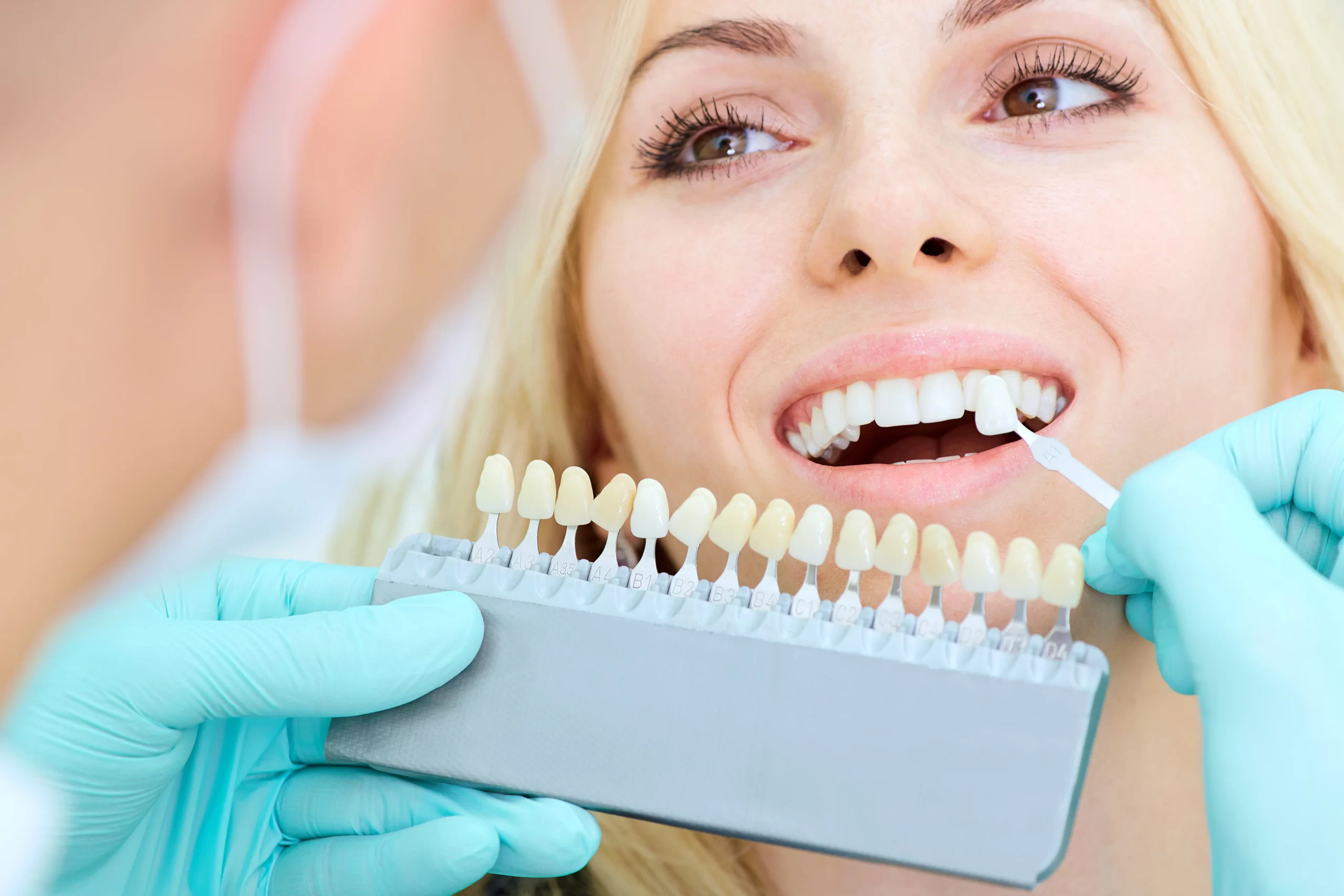When it comes to oral health, most people only care about having white teeth, preventing cavities, and fixing bad breath. However, there is a much bigger issue that they forget about– oral cancer. It is important to take steps to prevent oral cancer. No one can predict the future. But if you have risk factors, you can take steps to lower the chances.
In Massachusetts, statistics show that males are more likely to develop oral cancer than females. The first step is recognizing the risk factors and knowing what you can do about them. The next step is devising a plan. A Brookline general dentist can help you with both of these steps. Meanwhile, read this blog to get started.
Tips to lower the risk of oral cancer
- Quit smoking.
One of the biggest risk factors for oral cancer is smoking. Tobacco consumption in any form can harm your teeth, gums, throat, tongue, and all parts of the mouth. It is hard to quit smoking, something that not a lot of people understand. That is why it is important to reach out for help. Your general dentist may be able to give you resources for support.
- Drink alcohol in moderation.
Drinking alcohol can harm your oral health in the same way tobacco does. The longer you keep on drinking and do not control the amount you drink, the higher your chances of getting oral cancer. Alcohol makes your body’s immune system weaker. Your defense systems do not work the same way as before.
According to the National Institutes of Health, people who drink more than 3.5 drinks every day increase their risk of oral cancer by 2 to 3 times.
- Wear lip balm with SPF.
If you spend a lot of time outdoors, you must apply sunscreen on your face and body. But do you do the same with your lips? The sun’s UV rays can increase your risk of oral cancer. It is recommended to use SPF 15 when heading outside. Additionally, try wearing a hat to prevent complete exposure to the sun.
- See your dentist regularly.
Regularly visiting your dentist is crucial for many reasons, including spotting the early signs of oral cancer. Typically, your dentist or hygienist will be able to spot these signs really early in the process when they are still treatable. Further, they refer you to an ear, nose, and throat specialist. If the diagnosis and treatment are done at the right time, the cancer can be eliminated.
If you suspect any signs of oral cancer, do not wait for the problem to confirm itself. Book your dental appointment immediately!


